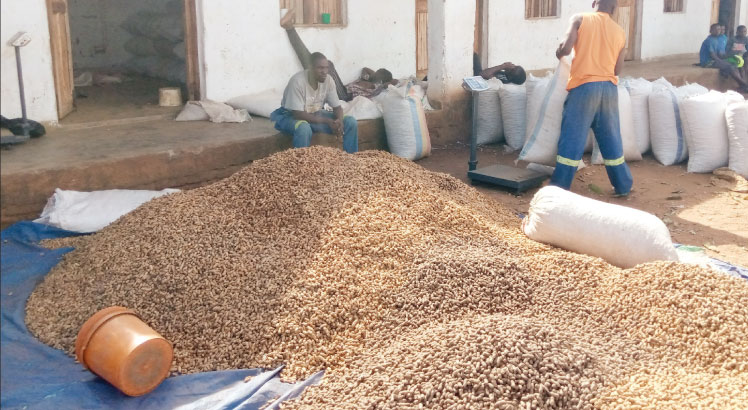RBM says no policy shift on tobacco dollars
 As tobacco sales are geared to start in Lilongwe on Monday, the Reserve Bank of Malawi (RBM) says there is no policy shift in the handling of tobacco dollars.
As tobacco sales are geared to start in Lilongwe on Monday, the Reserve Bank of Malawi (RBM) says there is no policy shift in the handling of tobacco dollars.
The control of tobacco forex has been swinging betwee the central bank and the commercial banks over the years.
Former Finance Minister Ken Kandodo last year directed that all tobacco dollars be rooted to the central bank and not commercial banks, saying the move was meant to ensure strict control of forex.
Kandodo accused commercial banks of not prioritising critical imports, thereby leading to a shortage of strategic commodities such as fuel, medicine and fertiliser.
But in an interview on Wednesday, RBM spokesperson Lesley Mkandawire said tobacco dollars will continue to be handled by the central bank.
“We will continue to implement government policy that tobacco dollars be handled by the Reserve Bank. We believe the Reserve Bank is better placed to know the priorities of the country and, therefore, distribute forex effectively.”
Last year, analysts described as ‘retrogressive’ government’s decision to let all tobacco dollars go straight to RBM.
NBM chief executive officer George Partridge described the move as wrong, arguing commercial banks are in a better position to meet demands of the market.
“We look at it as a retrogressive step. I think the government is sincere in what it is trying to achieve, but we believe that they are actually sincerely wrong. We still think that commercial banks are in the best position to know what the market wants other than a bureaucracy of some sort,” said Partridge.
Even the IMF frowned at the tobacco forex policy, arguing the authorities move would not solve the country’s forex conundrum.
IMF resident representative Ruby Randall appealed to the country’s monetary authorities to take a long view of the problem by spreading its energies on policies that generate forex and control imports rather than being fixated on policies for managing the little that is generated.
“The fact that fuel imports are about $300 million per year and the main crop, burley tobacco, yields about $400 million to $450 million per year is particularly instructive, as it only further illustrates the point that reverting the surrender requirement to RBM does not address the underlying need to grow the export base and increasing foreign exchange inflows,” Randall said.





